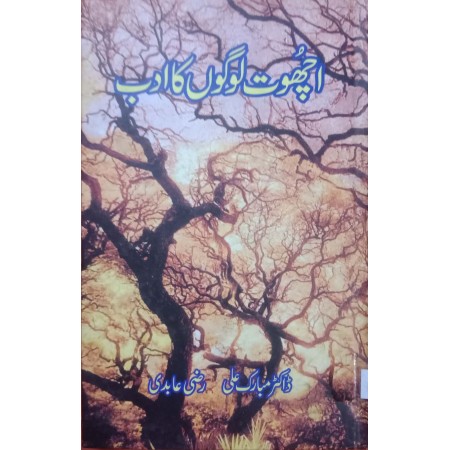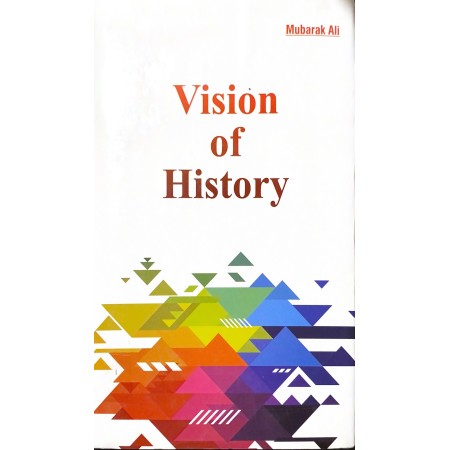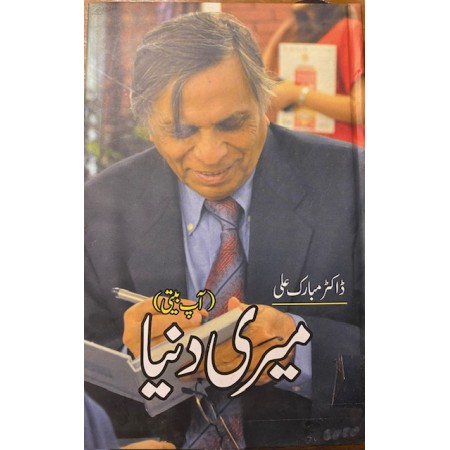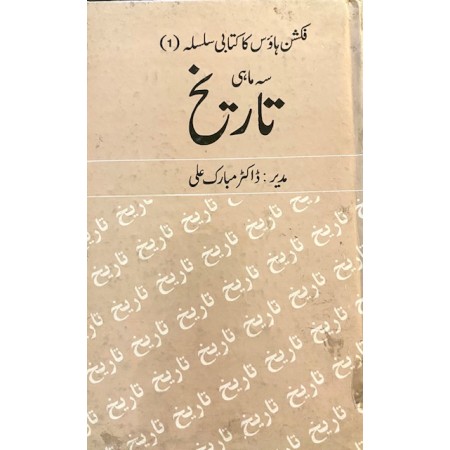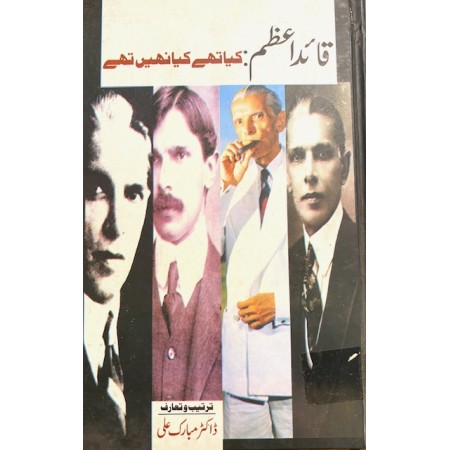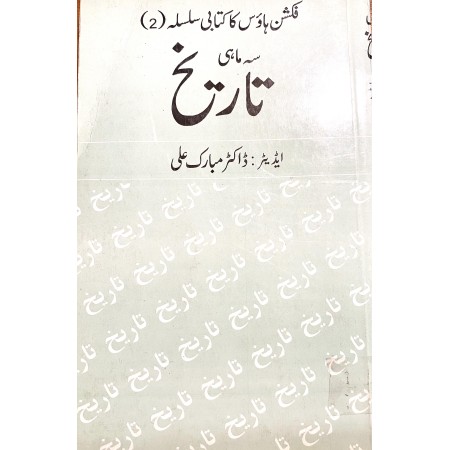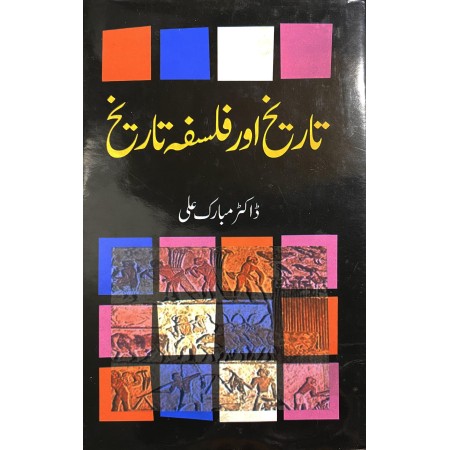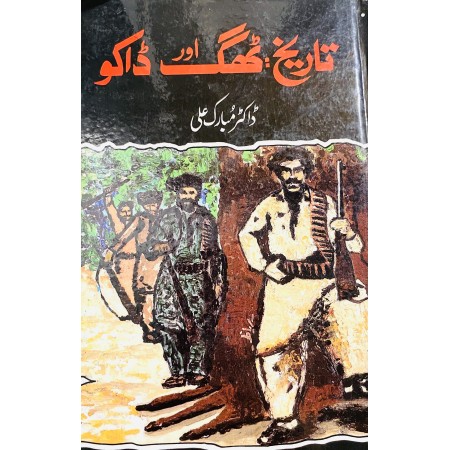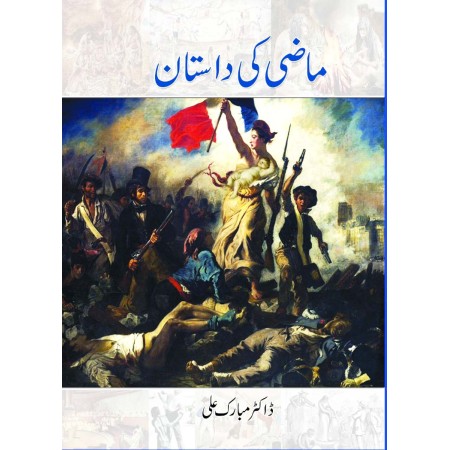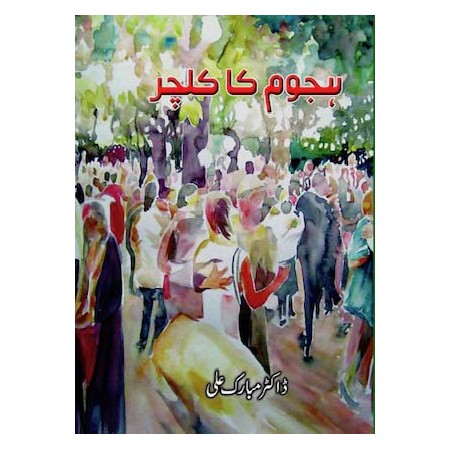Book Store
Book Store
There are 20 products.
Throughout the course of her history since independence, Pakistan has faced a persistent crisis of identity. Seldom can one find a country in the comity of nations whose intelligentsia and often the common people be seen speculating about the basis and rationale of their country. In the case of Pakistan, it is a common observation that our intelligentsia spares a major part of its time and the newspapers and periodicals spend a lot of their space on discussing the questions such as why did the country come into being? What purpose has it served? What can ensure its survival? Will it hold itself together against all divisive and centrifugal tendencies? Expressed in others words, Pakistan has for long suffered from an existential crisis.
When the English arrived in India, their chief concern, !'I like -the other European nations, was to get trade concessions and the royal permission from the Mughul Emperor to establish their factories at the coastal towns and in the important commercial cities of the Empire. To achieve these objects, the Company first sent William Hawkins(who visited India from 1609 to 1611), to pursue the Mughul Emperor to allow the Company to have free trade facilities and factories in India. Hawkins failed to get these concessions as a result of the Portuguese opposition( who were very influential at the Mughul court and who had tile support of the strong nobles of the Empire.
Kingship is one of the oldest institutions in history which has survived in spite of all vicissitudes of politics: civil wars, assassinations, deposition from throne, and overthrowing and beheading by adversaries. It emerged again and again from the debris of revolution and ashes of civil wars. Today, some' kings are surviving after surrendering their powers and some of them are enjoying their old status because of absence of any challenge. Historically, the institution passed through different stages and structured and re-structured itself according to its interest and fulfilling the demands of time.
History is a double edged sword; on the one hand it creates political and social consciousness and tolerance, on the other it can tum a society prejudiced, narrow minded and intolerant. Interpreted with a political, social, religious and economic perspective, its impact can vary; it depends in the conditions history is written and the interests it represents.
The early political history of Sindh is shrouded in mystery and mostly. remains unknown. The excavation of Moenjo Daro brought . to light the existence of highly developed urban culture in Sindh (2500-200 Bq. The discovery of Moenjo Daro smashed the myth that the Indian subcontinent has no history and civilization. The discovery of highly urbanized and developed civilization refuted these charges and brought the ancient Indian civilization parallel to the Egyptian and Mesopotamian, II gave pride and confidence to the people of the Indian subcontinent and strengthened the freedom movement against the Britishers.

